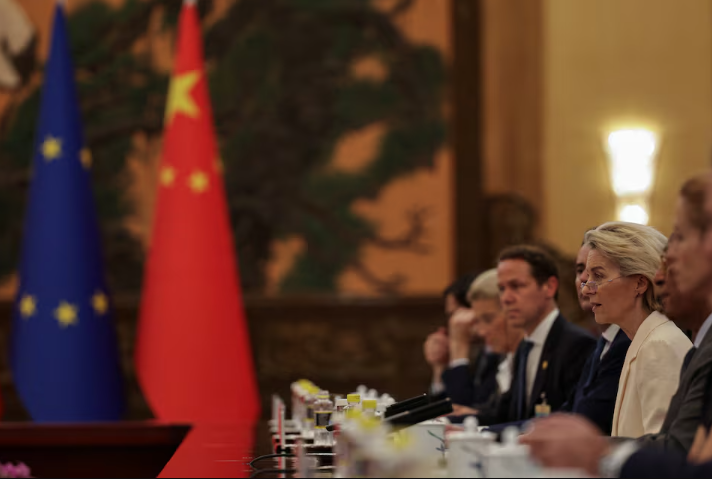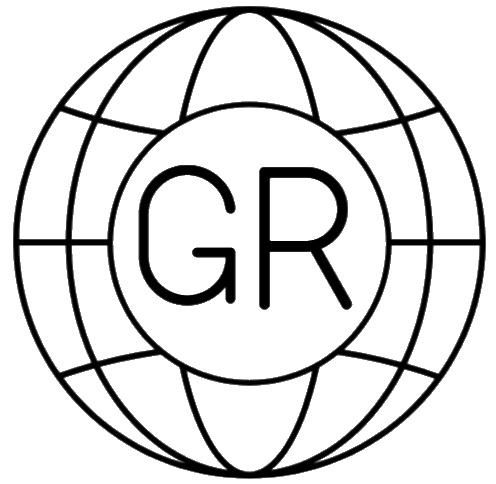
China–EU Talks 2025: Rare Earths, Electric Vehicles, and Strategic Choices
The China–EU Summit in Beijing, held to commemorate 50 years of diplomatic relations between China and the European Union, was a high-stakes engagement marked by both ceremonial gestures and strategic posturing. The meeting brought together Chinese President Xi Jinping and top EU officials, including European Council President Charles Michel and European Commission President Ursula von der Leyen, aiming to reset or at least manage the increasingly tense relationship.
During the summit, President Xi Jinping delivered a pointed message to the EU, urging it to “make correct strategic choices”, particularly in areas like:
Trade policy
Access to rare earth minerals
Electric vehicle (EV) regulation
Xi framed the EU’s recent protectionist leanings—particularly its probe into Chinese EV subsidies—as short-sighted and potentially damaging to long-term cooperation. He emphasized China’s openness to dialogue and partnership, but warned against “decoupling” or what China sees as economic containment efforts by Western powers.
He also suggested the EU should "resist external interference"—a veiled reference to U.S. influence over European policy, especially in areas like tech restrictions and security cooperation.
EU’s Cautious Position: Cooperation with Guardrails
EU leaders, while engaging diplomatically, remained firm on core concerns, especially:
Market access for European firms in China
Beijing’s massive industrial subsidies
Human rights and security concerns, including China's stance on Ukraine and Taiwan
Commission President von der Leyen emphasized the need for "de-risking, not decoupling," reiterating that the EU seeks balanced trade, not confrontation. She also pressed China to adhere to fair competition standards, especially in the green tech and EV sectors, where European industries feel undercut by state-backed Chinese competitors.
Council President Michel echoed calls for a "constructive but clear-eyed" relationship, signaling that Europe remains open to cooperation but won’t shy away from defending its interests.
Key Themes from the Summit:
Trade tensions: The EU is moving toward stricter oversight of Chinese imports, including green tech and cars. China views this as discriminatory.
Rare earths leverage: China hinted it could limit access to rare earths—essential for batteries and electronics—if relations deteriorate further.
Ukraine war: EU leaders reportedly urged China to play a more constructive role in pressuring Russia to end its war in Ukraine. Xi remained non-committal.
Global governance: Both sides expressed a shared interest in global stability, climate cooperation, and multilateralism, though with different definitions.
Broader Implications:
This summit underscored how economic interdependence between China and the EU—worth over €850 billion in annual trade—is increasingly weighed down by strategic mistrust. While both sides reiterated a desire for engagement, the path forward is marked by competition as much as cooperation.
The summit didn’t yield major breakthroughs but served as a reset mechanism to manage tensions and maintain channels of communication as global geopolitics grow more polarized.
Author: Global Ripple
Posted on: July 24, 2025
 Global Ripple
Global Ripple